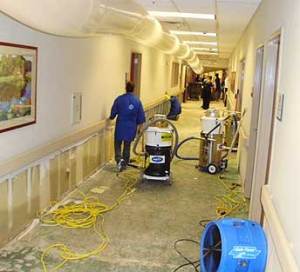In addition to permitting aquaculture operations to use drugs that are banned by other countries, and permits the sale of species that other countries don’t, the U.S. only minimally oversees imports. A Johns Hopkins study  shows that the U.S. inspects a miniscule 2 percent of the seafood that comes into the country. By comparison, Japan inspects 18 percent and the European Union inspects 50 percent.
shows that the U.S. inspects a miniscule 2 percent of the seafood that comes into the country. By comparison, Japan inspects 18 percent and the European Union inspects 50 percent.
If you’re a fish eater and you keep an eye on the news, you already know that the “red snapper” special at your local restaurant is probably mislabeled. For years, restaurants have been substituting cheaper, more common species like tilapia for the famed red snapper. Last year, however, DNA analyses showed that the problem is more widespread than anyone suspected: In Los Angeles, New York, New Jersey and Connecticut, studies showed that 100 percent of restaurants were serving cheaper fish and mislabeling them as red snapper. Similarly, white tuna, yellowtail, Dover sole and wild-caught salmon were also often substituted for other species.
Most of the time, price gouging is the only harm that comes from such mislabeling. Sometimes, however, the danger might be a bit higher. Recently, the U.S. Pharmacopeial Convention noted that much of the alleged “white tuna” served in sushi restaurants may actually be escolar, also known as “snake mackerel.” A cheap fish that may cause severe food poisoning with, shall we say, explosive results, escolar is banned in some countries.
For more:Â http://www.dailyfinance.com/2013/01/26/fish-food-poisoning-seafood/









